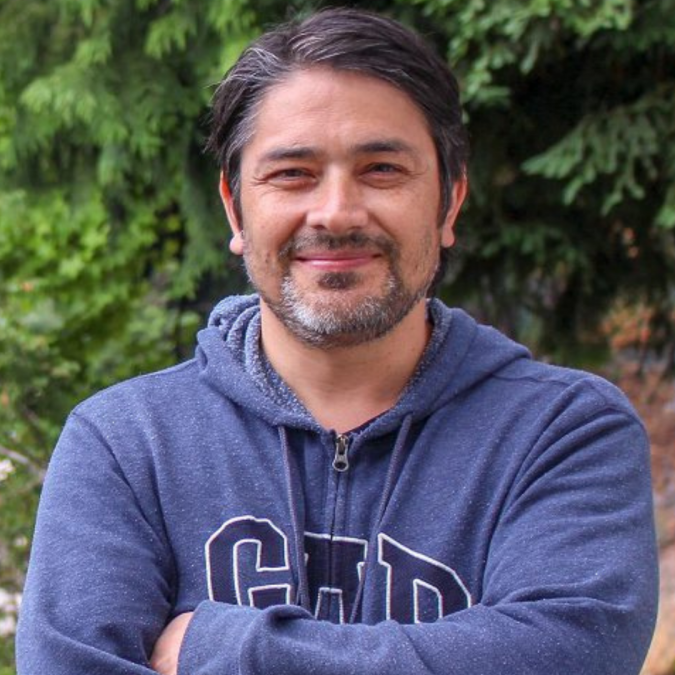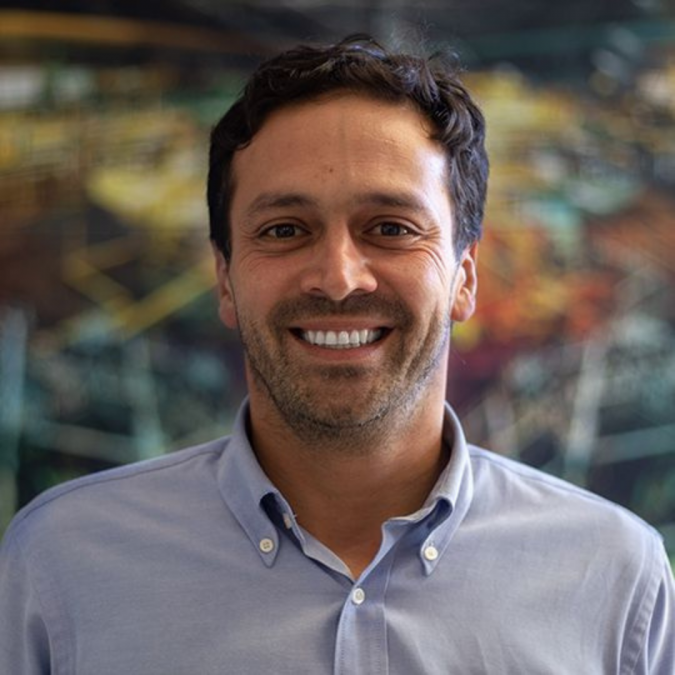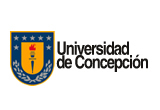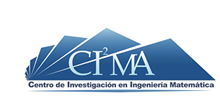News
Both projects address industrial problems that contribute to better use of water resources
Among the seventy projects selected at the national level in the results of the Science and Technology Research Anillos Contest: Regular and Thematic Areas, recently communicated by the National Research and Development Agency, ANID, two correspond to initiatives promoted by researchers from the Center for Research in Mathematical Engineering, CI²MA, of the Universidad de Concepción, UdeC, which brings together researchers from that study house, in addition to the U. del Bío-Bío (UBB) and the U. Católica de la Santísima Concepción (UCSC).
These are New models of flotation in the mining industry: simulation, experimental validation, and prediction tools for treatment of complex (ACT210030) directed by Dr. Fernando Betancourt Cerda and Anillo of computational mathematics for desalination processes (ACT210087) headed by Dr. Ricardo Oyarzúa Vargas.
“This is excellent news for the Center, in particular considering that both projects have a strong applied motivation, something that is the quintessence of CI²MA”, CI²MA director Dr. Rodolfo Araya Durán said. “Many congratulations and success to both research teams", he added.
 The proposal headed by Oyarzúa -academician at the Department of Mathematics of the Faculty of Sciences of the UBB- also has the participation of Verónica Anaya Domínguez (UBB and CI²MA) as alternate director, David Mora Herrera (UBB and CI²MA), Pablo Venegas Tapia (UBB and CI²MA), Gabriel Gatica Pérez (UdeC and CI²MA), Manuel Solano Palma (UdeC and CI²MA) and Jessika Camaño Valenzuela (UCSC and CI²MA).
The proposal headed by Oyarzúa -academician at the Department of Mathematics of the Faculty of Sciences of the UBB- also has the participation of Verónica Anaya Domínguez (UBB and CI²MA) as alternate director, David Mora Herrera (UBB and CI²MA), Pablo Venegas Tapia (UBB and CI²MA), Gabriel Gatica Pérez (UdeC and CI²MA), Manuel Solano Palma (UdeC and CI²MA) and Jessika Camaño Valenzuela (UCSC and CI²MA).
“The main objective”, explained Oyarzúa, “is to contribute to a better understanding of the phenomenon present in the seawater desalination process, focusing on the development of numerical and computational studies of mathematical models that describe the different ways of doing it, and pointing mainly to the development of new computationally more efficient methods for the respective numerical simulations”.
“For example”, the scientist explained “we will study the interaction between seawater and a semi-permeable membrane of the reverse osmosis method, which can be mathematically described, by coupling the Navier-Stokes equations and Darcy, using appropriate interface conditions, among other options”.
 Meanwhile, Betancourt, academician at the Department of Metallurgical Engineering of the Faculty of Engineering of the UdeC, details that the main objective of the initiative he directs is to develop and validate a new theory for column flotation that includes new trends in the use of reagents such as nanoparticles.
Meanwhile, Betancourt, academician at the Department of Metallurgical Engineering of the Faculty of Engineering of the UdeC, details that the main objective of the initiative he directs is to develop and validate a new theory for column flotation that includes new trends in the use of reagents such as nanoparticles.
To achieve this, the project will be organized into three interdisciplinary subprojects: Experimental validation and development of predictive tools, Mathematical modeling, and Nanoparticles as reagents for complex minerals. “These subprojects”, Betancourt explained, “will be carried out by three respective pairs of leading researchers, together with undergraduate and graduate students”.
Together with Betancourt, Raimund Bürger (UdeC academician and deputy director of CI²MA), Leopoldo Gutiérrez Briones (UdeC), Luis Villada Osorio (UBB and CI²MA), Lina Uribe Vélez (U. de Talca), all as principal researchers, and Andrés Ramírez Madrid (UdeC) as associate researcher, participate in the project.

